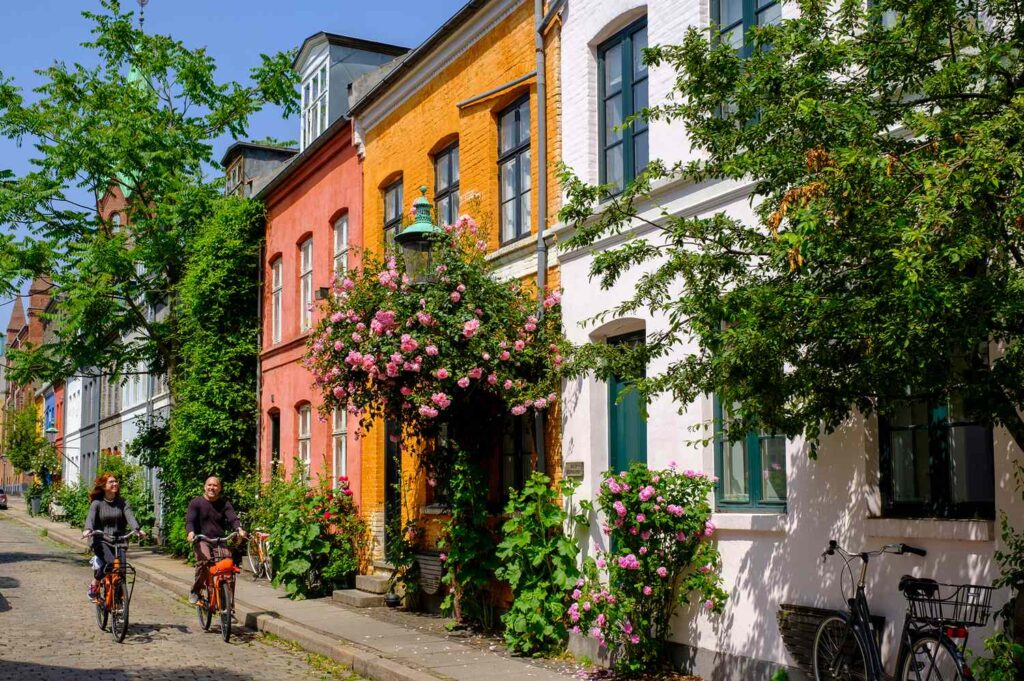970x125
Teeming with a rich diversity of museums, classic coffee house culture, and vast amounts of green spaces, from formal gardens to lively public parks, Vienna has long been one of the most comfortable (and easiest) places to live. So much so that the Austrian capital has earned the top spot in Economist Intelligence Unit’s Global Livability Index for the last three years.
970x125
But this year, it’s been knocked out of its No. 1 position by another European city: Copenhagen.
The research division of The Economist Group scored 173 cities based on 30 key indicators that were grouped into five categories: stability, health care, education, infrastructure, and culture and environment. The Danish capital scored a perfect 100 in stability, education, and infrastructure, with a strong 95.6 in healthcare and 95.4 in culture and environment, for a total index score of 98.0 to secure the lead.
Ranked second last year, Copenhagen was also named the happiest city this year by Institute for Quality of Life—and even has its own The Happiness Museum, a surefire sign that its citizens are content. After all, this is a city that mixes the simplicity of functional Danish architecture and design, with an innovative food scene, ranging like its most famous culinary gems The Alchemist and Noma, which announced its closure last year, but is taking reservations for the season from Sept. 30 to Jan. 31.
Whether it’s sauntering through the colorful harbor homes of Nyhan or the endearingly quirky Tivoli Gardens, or perhaps joining the masses of bike riders that make the city one of the world’s greenest capitals, life is both convenient and forward-thinking.
Of course with the rise of Copenhagen to the top spot, also came Vienna’s demotion, which the EIU points to one factor, as the capital saw “its score for stability drop sharply, in the wake of a bomb threat in the lead-in to a (subsequently cancelled) Taylor Swift concert in summer 2024 and the discovery of a planned attack on a city train station in 2025.” Having a solid 100 stability score last year, this year, it fell to 95, with a total score of 97.1. That ties it for second place with Zurich, Switzerland. which rose from No. 3 last year.
The only other European city in the top 10 was also in Switzerland, with Geneva landing at No. 4. Australia had a strong showing, with Melbourne at No. 4, Sydney in No. 6, and Adelaide in No. 9. Neighboring Auckland, New Zealand, was in No. 7, tied with the top Asian city, Osaka, Japan. The list is rounded out by the top North American city, Vancouver, Canada, in 10th place.
While the average score across all the nations remained the same as last year, the study notes that the stability category fell the most “amid geopolitical tensions, civil unrest, and widespread housing crises” while also citing “terrorist attacks and threats, as well as a rising incidence of crime and xenophobia” in western European nations. However, “scores for health care, education, and infrastructure all saw marginal improvements on average across the 173 cities.”
970x125

